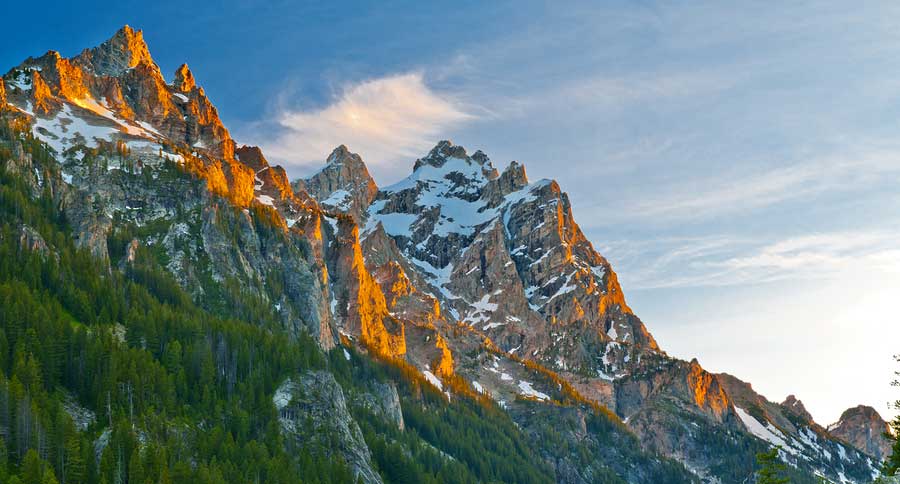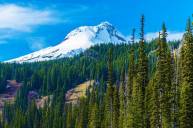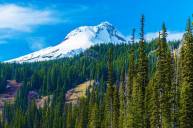The Outdoor Industry Association has published an open letter to President Trump regarding the use of public land, signed by more than 100 CEOs.
The letter, penned by the OIA and signed by over 100 CEOs of outdoor-related businesses, urges the President and Congress to keep public lands public, stating that the Outdoor Industry contributes more than $650 billion annually to the US economy, generating $60 million in tax revenue and employing over six million people. The group of Outdoor Industry professionals represents everything from hiking and hunting to camping and conservation.
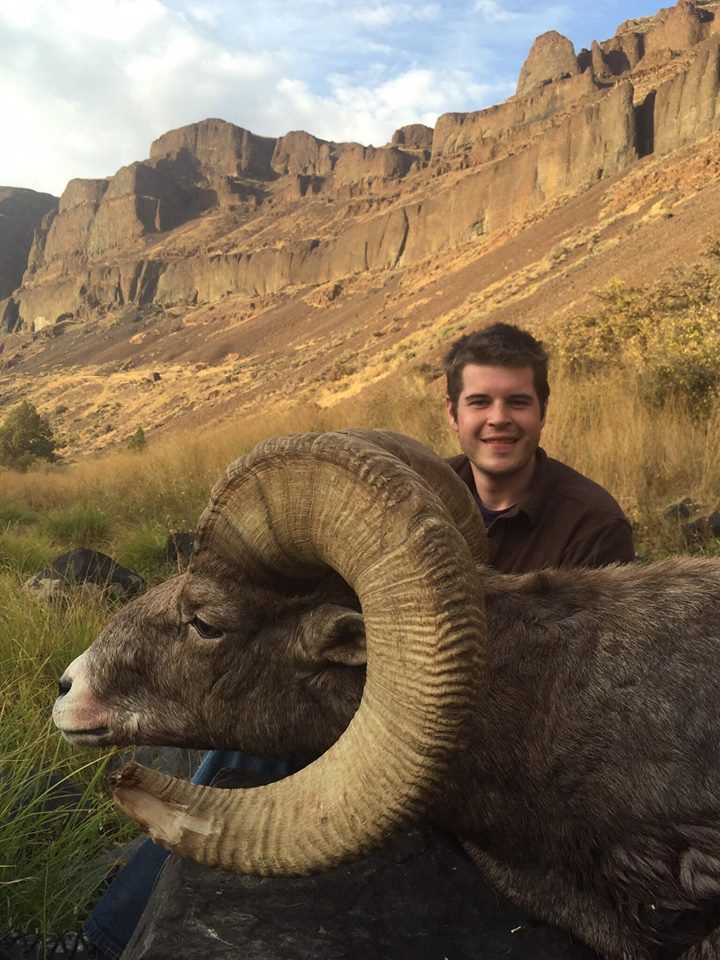
Clay Woodmark displays his harvest from West John Day #1. Woodmark's Ram was a taken during a trip guided by Kyle Buschelman and Jake Adams of Willamette Valley Outfitters
The text of the letter reads:
"Our businesses make the lives of everyday Americans, from every corner of the political spectrum, healthier and happier. We do not often unite as an industry in the way we are today but we are compelled to make clear our collective view on a vitally important issue that affects the economic health of our industry, our local communities, and the lives of all Americans.
It is an American right to roam in our public lands. The people of the United States, today and tomorrow, share equally in the ownership of these majestic places. This powerful idea transcends party lines and sets our country apart from the rest of the world. That is why we strongly oppose any proposal, current or future, that devalues or compromises the integrity of our national public lands.
Yet as the 115th Congress begins, efforts are underway that threaten to undermine over one hundred years of public investment, stewardship and enjoyment of our national public lands. Stated simply, these efforts would be bad for the American people. They include the potential of national public lands being privatized or given to states who might sell them to the highest bidder. This would unravel courageous efforts by leaders from across the political spectrum up to the present day, including Jefferson, Lincoln and Roosevelt.
This is not a red or blue issue. It is an issue that affects our shared freedoms. Public lands should remain in public hands.
We hold these views both as leaders of the outdoor industry — which creates significant economic value for this country — and as individuals who believe deeply that the next generation should be free to benefit from our national public lands as we and our families do today."
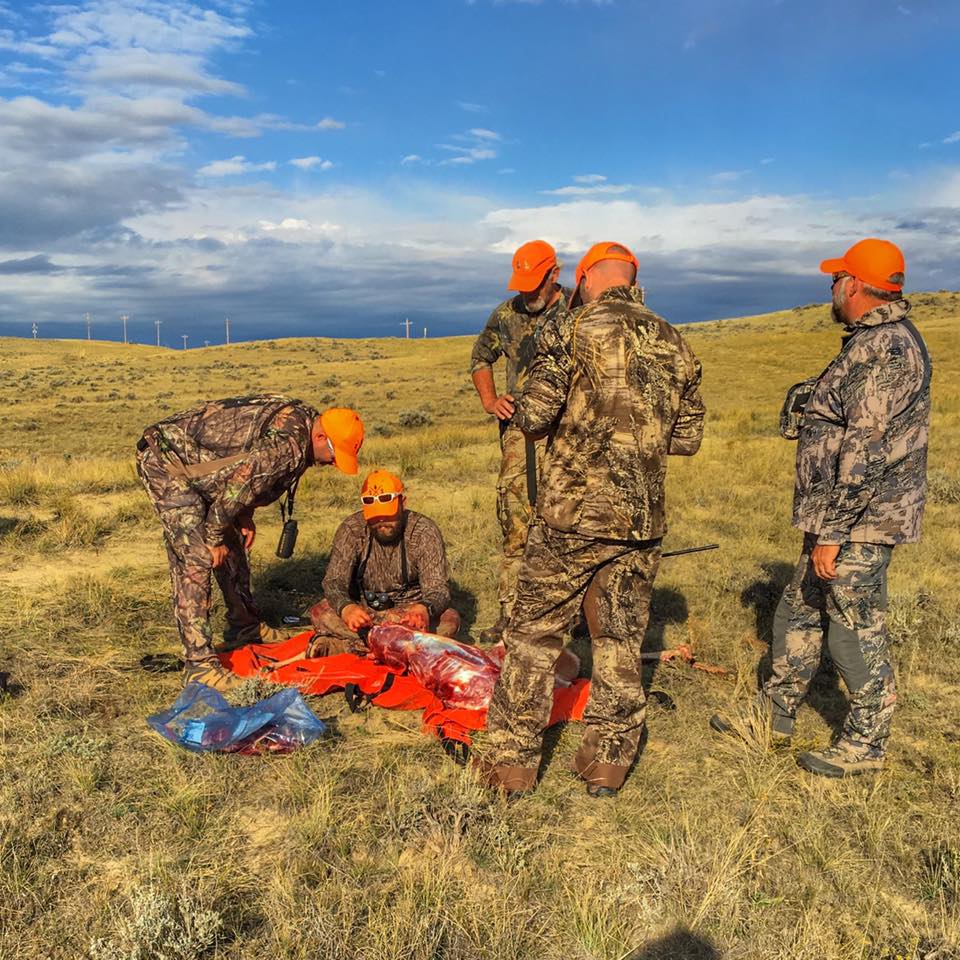
Jeremiah Doughty of Field to Plate dresses an antelope in Midwest Wyoming. Doughty brought along two of the men pictured on the first hunt.
The fight to preserve public lands from being exploited for private use has been going on long before Trump took office. In the spring of 2015, amendment SA 838 was introduced by Sen. Lisa Murkowski (R, AK) to allow states to take over, transfer and sell public, federal lands, including National Forests, wildlife refuges, and wilderness areas. The amendment barely passed along a near party-line, with a 51-49 vote.
Democratic Senators voted unanimously in opposition of the amendment. Three Republicans, Corey Gardner of Colorado, Kelly Ayotte of New Hampshire, and Lamar Alexander of Tennessee crossed the aisle to show opposition.
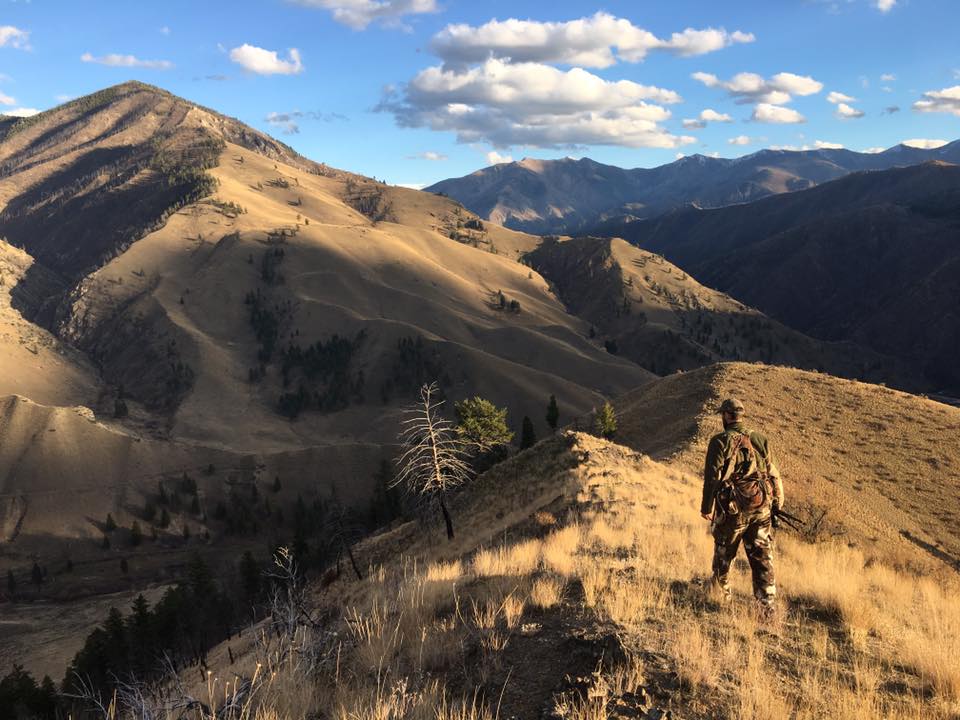
Frank Church Wilderness Brice Crayne (pictured) - Kyle Smith
The vote to pass the amendment merely serves as a symbol of how members of the U.S. Senate prioritizes the use of public lands, as budget amendments carry no weight with the laws in place. However, politicians may use the opportunity to bring attention to favored political issues and compel their colleagues to take a stance on major debates involving whether the Federal Government or States should control the use of public lands. Turning over possession to the states would remove the protections of Congress, which is the only authority with the power to sell or transfer public lands as outlined in our constitution.
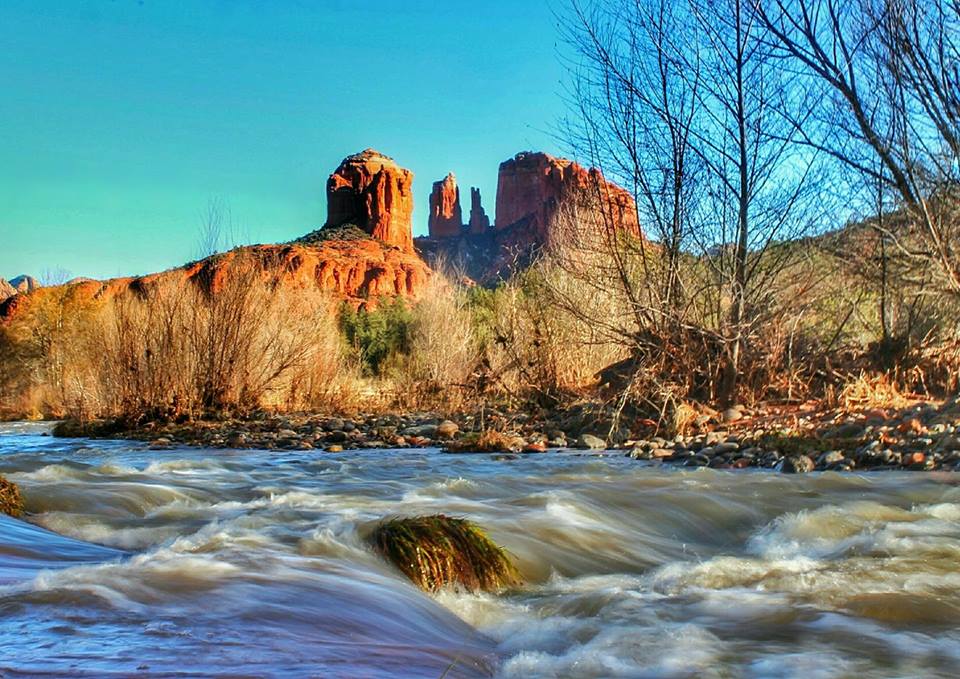
Cathedral Rock, Sedona, AZ -Dana Stanley
The U.S. Land Revision Act of 1891 gave the president the authority to "set aside and reserve...any part of the public lands wholly or partly covered with timber or undergrowth, whether of commercial value or not." However, it did not explicitly authorize the use or development of resources on the reserved lands.
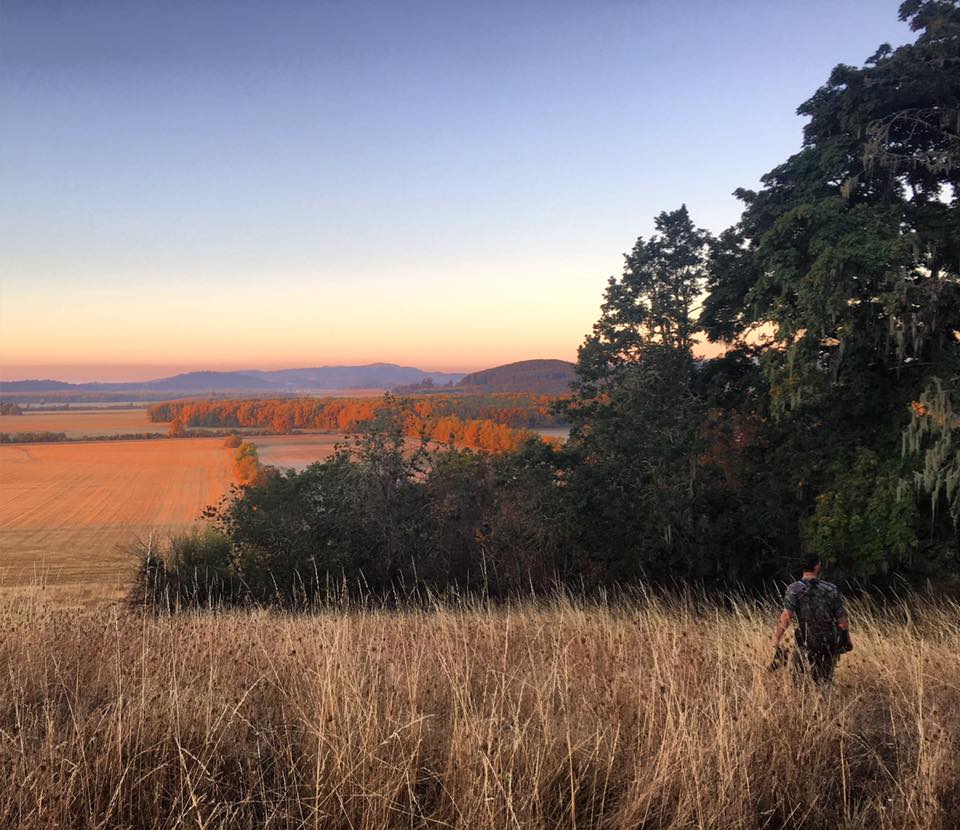
Finley Wildlife Reserve Brice Crayne (pictured) - Kyle Smith
With Trump's pick for the Secretary of Interior Ryan Zinke discussing his support of coal production on federal lands and his plans to drill on public lands set aside for outdoor recreation and conservation purposes a week prior to the presidential inauguration, there is a legitimate concern for Americans being able to roam freely on public lands.
In his first term in office, Rep. Zinke voted against conservation minded resolutions 33 times, and only once in favor of a resolution for clean energy funding. His record earned him a rating of 3 percent with the League of Conservation Voters.

View from a tree stand at Lake Russell (Army Corps Of Engineers. Elbert County, GA) - Derek Marane
A vocal opponent of the sale and transfer of public lands, Zinke's position on public lands drew criticism after he voted in favor of a measure from House Republicans that would allow federal land transfers to be considered cost-free and budget-neutral, making it easier for drilling and development.
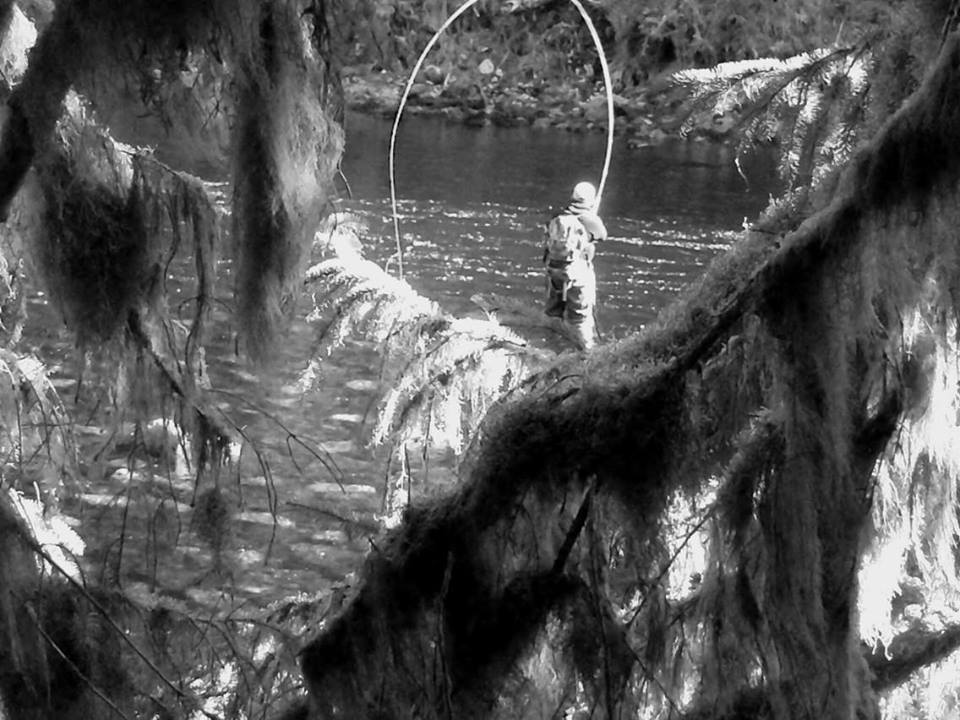
Fly Fishing on the Karta River in the Tongass National Forest - Brad Melville
Wide Open Spaces writer Brad Smith interviewed Donald Trump Jr. on the topic of public lands back in November.
"The platform is we have to keep public lands public. Utah has done a great job with state land. Other states have not. The typical Republican platform has been to transfer that land to the states. The problem is some of these states would just sell this land to people and then you have a private hunting reserve. If you have to drive three hours to go hunting, you may not do it anymore. It doesn't really matter if the state has it or the government has it, so long as that land stays truly public and the access stay open to everyone."
Even with Trump Jr's concern about public access to federal lands, he disregards the fact that if the federal government turns over it's public lands to the states, the land is no longer protected under the aforementioned protections of congress.
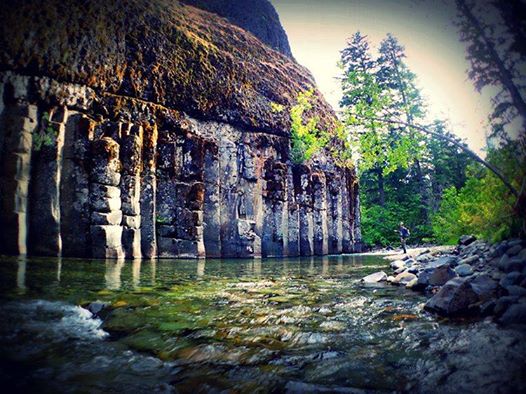
Tributary of the Naches River in the Wenatchee National Forest - Tyler Hicks
Raph Graybill of the Yale Institution for Social and Policy Studies writes on the American Constitution Society for Law and Policy website, Public Land Transfer Laws: Not Constitutional Then, Not Constitutional Now, specifically referencing the Transfer of Public Lands Act passed in Utah:
"Under state ownership, state governments could restrict public access, authorize commercial development or even divide lands for private sale. Current federal environmental law effectively forecloses these possibilities, limiting privatization and preventing environmental degradation."
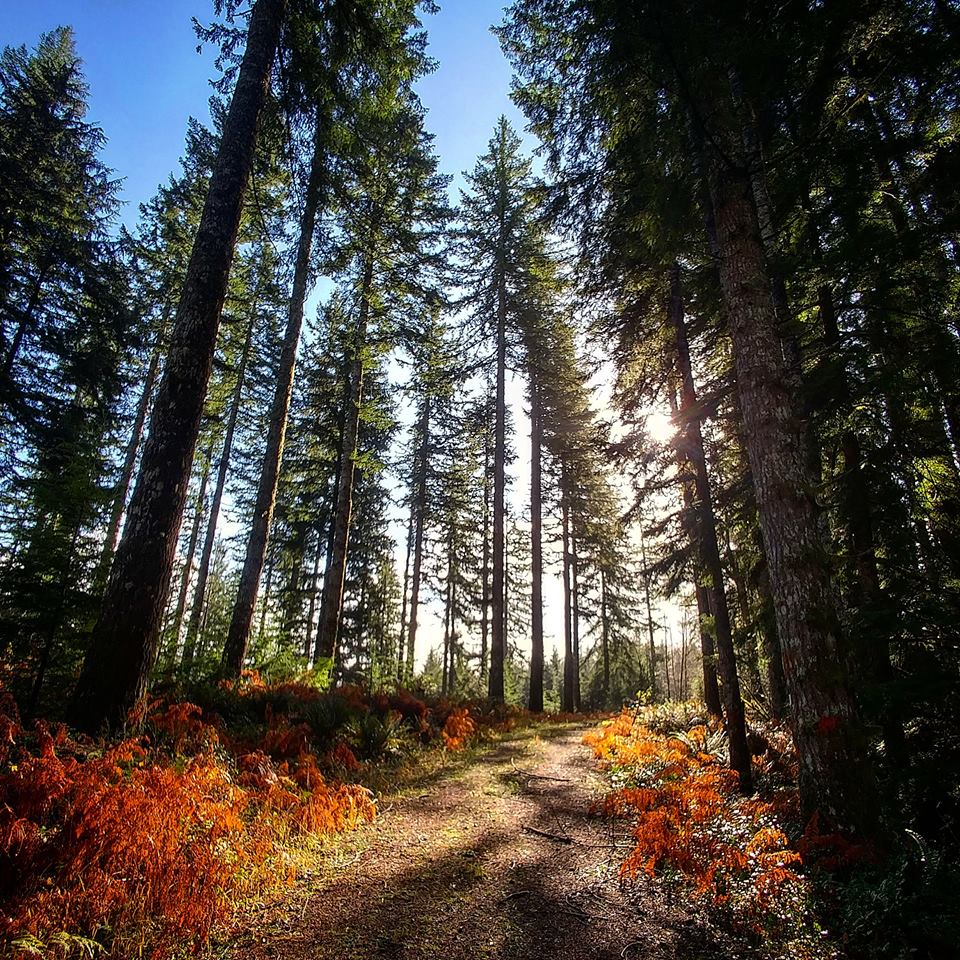
Matthew Dickason
Utah Republican representative and House Natural Resources Committee Chairman Rob Bishop authored new language for the house budget. Bishop has a history of making the claim that federal lands have no value, and the new language of the budget states that transferring public land to "state, local government or tribal entity shall not be considered as providing new budget authority, decreasing revenues, increasing mandatory spending or increasing outlays."
Heather Hansman at the Guardian explains that,
"Essentially, the revised budget rules deny that federal land has any value at all, allowing the new Congress to sidestep requirements that a bill giving away a piece of federal land does not decrease federal revenue or contribute to the federal debt."
As explained by Juliet Eilperin at the Washington Post,
"Under current Congressional Budget Office accounting rules, any transfer of federal land that generates revenue for the U.S. Treasury — whether through energy extraction, logging, grazing or other activities — has a cost. If lawmakers wanted to give such land to a state, local government or tribe, they would have to account for that loss in expected cash flow."
If you enjoyed this story, and would like to see more, check out Randall Bonner's Outdoor Writer Page on Facebook or check his Rain or Shine Blog for updates on more online and print articles. You can also follow him on Twitter @RandallJBonner or Instagram @RandallJBonner
NEXT: HISTORIC CONSERVATION PIONEER'S BIRTHDAY RAISES AWARENESS OF PUBLIC LAND USE BATTLE
